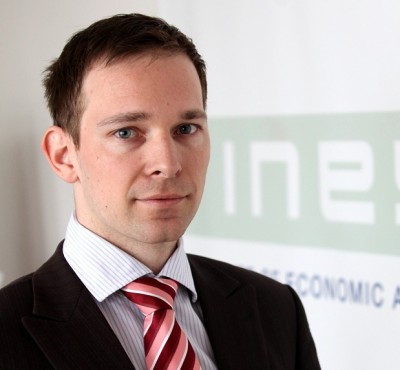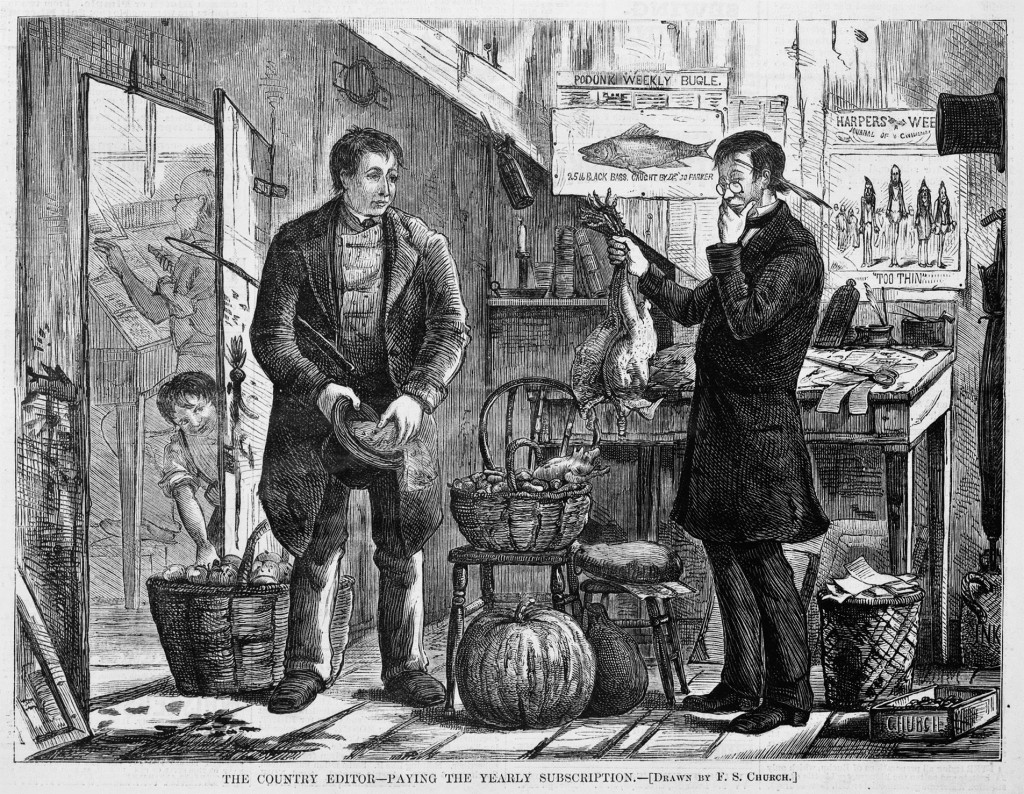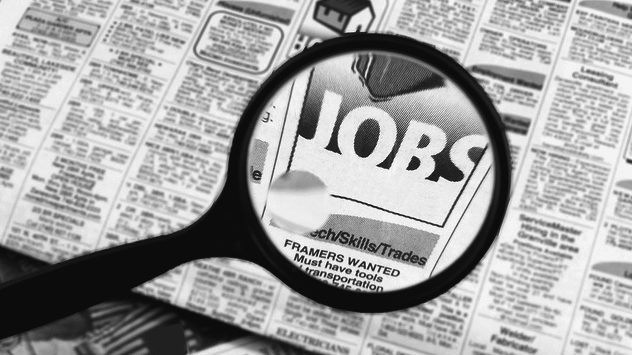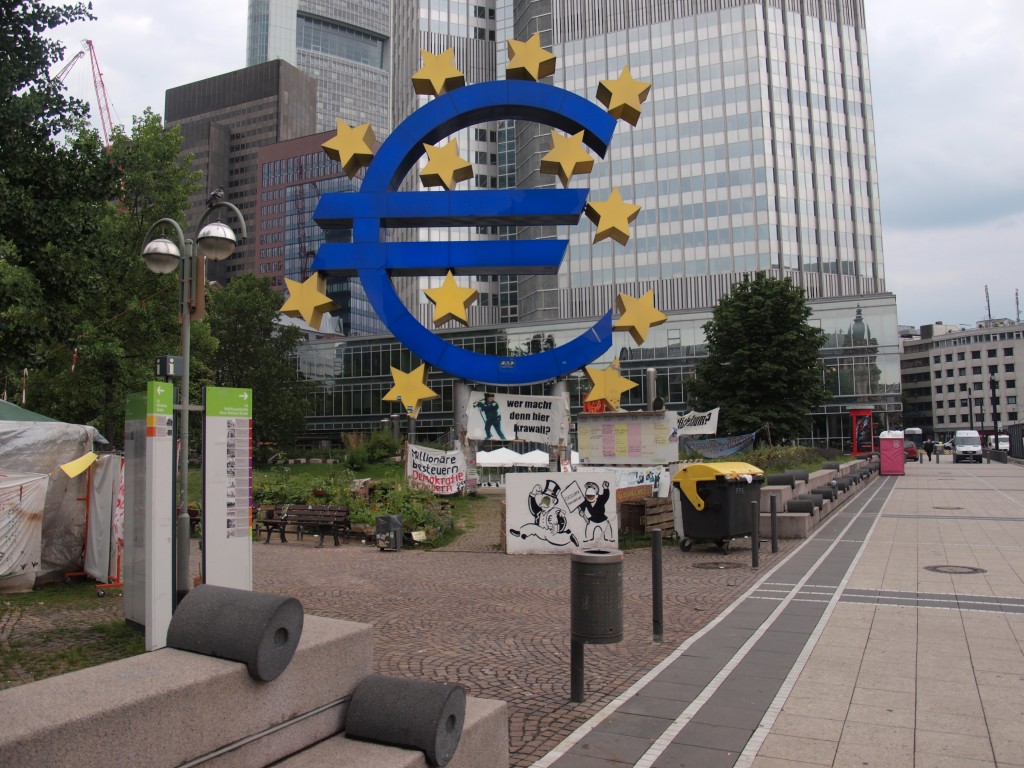
Market Will Not Solve Everything
BY
Martin Vlachynsky / August 17, 2015
The invisible hand is actually made of billions of very visible hands which put the products into shopping carts, receive payments, or shake other hands to complete a contract. The market is efficient because it is the only real “social” element of the arrangement of the society.











